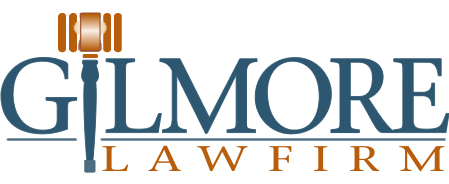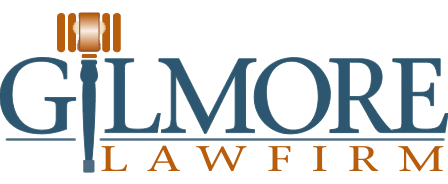Product Defect Claims and Lawsuits Defined
Sometimes (ok, maybe lots of times), attorneys seem to speak a foreign language when talking to clients and other non-lawyers. What can I say, I guess they brainwashed us in law school and made us all speak in legalese. It causes some funny looks from folks when we use legal terms, and probably no term causes more quizzical looks than the phrase “product liability” or “strict liability for products.”
Those are just legal terms for what most folks would call defective products that cause injury or death. The key is whether the product is “defective.” In Alabama, as in other states, a product can be defective in one of three ways:
1. It can contain a manufacturing defect – This usually happens on the assembly line or during the manufacturing process. Machines and people making products are no perfect, and when something goes wrong in that manufacturing process , the product is defective. A good example would be a failure to properly make an electrical connection in an electrical appliance. If that bad connection later starts a fire and causes damage or injury, you might have the need to bring a defective product claim.
2. The product may contain a design defect – meaning that the way the product was designed was not safe, and there are other ways that the product could have been made safer. Remember the Ford Pinto many, many years ago? They designed the car with the the fuel tank near the rear bumper which resulted in many post-collision fires. Solution? Design the car with the fuel tank in a safer location – in front of the rear axle, and between the car’s frame rails.
3. The product may not contain a proper warning. In engineering a product for manufacture, the goal is to eliminate as many hazards as you can through design. If you cannot eliminate all the hazards, then the safety rule of engineering is that you must warn about the hazard. If you don’t warn, then the product is defective.
These are just basic definitions, which I hope explain what a product defect claim is. If you have questions about them or think they are not clear, we’d like to hear from you. In the meantime, I’ll do my best to speak in plain English when explaining legal claims.


